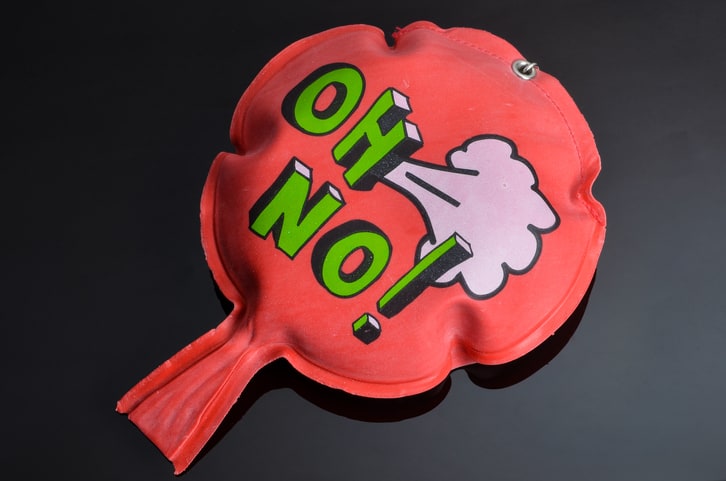When your baby is born, one of the first and most important lessons you’ll learn is how to help them burp to release trapped air and make them more comfortable. While some gas is normal in your infant – and in absolutely everyone else – Alzein Pediatrics understands that, at any age, excessive gas can be a concern. We are here to help!
Gas in Infants
Infants can be gassy for several reasons. They swallow air during feedings and when crying. Whether breast feeding or bottle feeding, keep your baby as upright as possible to reduce the amount of air they take in while feeding. Be sure to burp them during and after the feeding thoroughly; one burp is usually not enough to release all the air they’ve just swallowed. While some adults may say “a little crying never hurts,” soothing your baby actually reduces the amount of air they swallow, reducing painful cramping from gas.
Infants have an immature digestive system which increases gas production. If you are breastfeeding, you may see an increase in gassiness or fussiness when you eat onions, broccoli or cauliflower. If you are bottle feeding, frequent discomfort and excessive gas may mean that your infant is sensitive to a particular formula. Talk to your Alzein Pediatrics provider about different options that may bring better results.
When your baby pulls their knees in when fussing, that may be a symptom of excessive gas. Lay your baby on their back and move their legs back and forth in a bicycle-like motion. In this same position, you can also gently push their knees to their stomach and hold for 10 seconds. It’s always best to make sure your baby is diapered when you do this, as releasing gas with this method can release a bowel movement as well.
Gas in Older Children
While excessive burping at any age is often caused by eating or drinking too quickly or drinking carbonated beverages, gas that exits lower down (flatulence) is usually perfectly natural. Every healthy digestive system produces gas throughout life. Bacteria in the large intestine break down carbohydrates like sugars, starches and fibers that the stomach and small intestine didn’t digest. The natural byproduct of this digestion is gas.
Encouraging our kids to eat vegetables and fruits also encourages the production of gas. Ironically, these healthy foods, including whole wheat, apples, asparagus, cauliflower, Brussel sprouts, broccoli, onions and beans, are the foods that prompt our large intestine to create gas. Your child may also experience more gas after drinking milk or eating some cheeses.
Gas can also be caused by consuming too much sugar, whether it’s in candy, soda or other sweet treats. When your child frequently complains of cramping or pain, or the amount of gas produced seems overwhelming, start keeping a food diary to note triggers and avoid or reduce those foods in your child’s diet. Encourage your child to take a walk or twist and bend to release gas. You can try massaging their abdomen to get the gas to move down and out.
When your child has frequent, painful bloating and gassiness, especially when accompanied by diarrhea or constipation, it’s time to visit your Alzein Pediatrics provider to rule out more serious causes. We’ll examine your child and make dietary and over the counter medication recommendations. In some cases, we may order further testing and prescribe medicine.
Make an appointment by visiting our website and clicking “Book Pediatric Appointment Now.”


